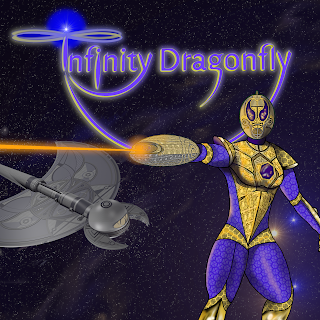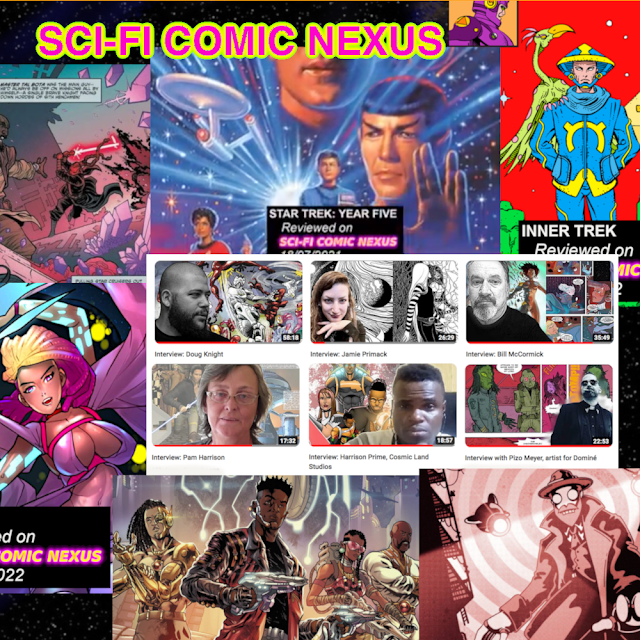Review: Kindred
Octavia Butler (1947-2006) was probably the most famous black female science fiction author of the 20th century, which is to say, of any century so far. She won several awards for her writing, including the prized Hugo and Nebula, and is critically acclaimed for her work.
Many science fiction authors deal with social and philosophical themes, but with Butler's novels and stories they assume a fundamental role. Exploring the inherent flaws of the human psyche, her characters often find themselves fighting for the vision to create a new society in which the destructive and self-destructive evils are purged.
Kindred is the story of Dana, a young writer in 1976 who moves to a new apartment in California with her white husband Kevin. While unpacking books she suddenly finds herself transported back in time to the year 1815 where she saves the life of a young boy drowning in a river. He turns out to be Rufus, the son of a plantation owner and, to her horror, Dana's own great grandfather.
She returns to 1976 but is pulled back to Rufus several times during points in his life where he is in mortal danger, sometimes stranded in the past for months at a time, only to find that very little time has passed back home upon returning to her own life.
She finds herself caught in the classic Grandfather Paradox; if she does not continue to save Rufus, she will never exist... But fulfilling that role is a tall order to fill, for more than one reason. As a black woman in the era of slavery, she has very little power and faces many real threats to her own safety and liberty. Also, as time goes by and she is forced to live on the plantation with his family, she watches him slowly become the monster his father before him was.
This is not a feel-good book. Our heroine witnesses horrific abuse and brutality and has the ever-present threat of violence hanging over her, a chilling dread that the reader shares. And she cannot just hop into a DeLorean and escape back to the future (as in a film that dates from after this novel was written).
Trapped in the nightmare, Dana negotiates her delicate and complicated relationship with Rufus and his household, desperate to help the slaves but hampered by the overarching reality of the soul-destroying world they live in. Horrible compromises have to be made because injustice, degredation and violation are as much a part of their lives as the air they breathe. Dana's feeling of helplessness is palpable, but she nevertheless finds ways to carefully influence events.
The graphic novel is adapted by Damian Duffy and the artist is John Jennings, whose expressionistic style leaves no emotional hook uncast. The palette changes with the shift between scenarios; the sepia-toned safety of 1970s California switching to the full technicolour vividness of terrifying 19th century Maryland. The impact of the narrative is delivered in a visual flurry of punches. Butler did not pull them; neither does the artist.
Kindred may be an uncomfortable journey but, just like its central character, the reader is pulled in, inexorably, unable to pull away until the drama is played out to its shocking conclusion.
Kindred on Amazon
Zak Webber
Twitter - @sfcomicartist / Instagram - @sfcomicartist
JOIN US ON FACEBOOK! - SCI-FI COMIC NEXUS
*****
***
*




Comments
Post a Comment